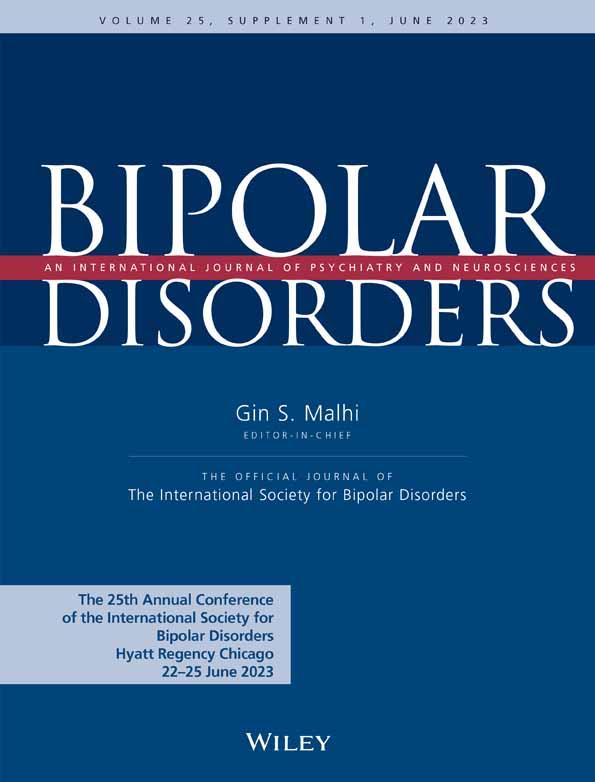The mDOT Center
Transforming health and wellness via temporally-precise mHealth interventions






mDOT@MD2K.org
901.678.1526
901.678.1526








Collaborating Investigator:
Jacqueline Mogle (PI), Clemson University
Funding Status:
NIH/NIAAA
06/01/23 – 05/31/25
Associated with:

Bipolar Disorders Conference, Vol 25, pg. 34
June 1, 2023
depressive symptoms, daily stressors, young adults, affective responsivity, mental health, stress appraisal, sex differences, anger, shame, negative affect, positive affect, subclinical depression, psychosocial stress, stress generation theory, daily diary study.
Greater negative affective responsivity (NA-R) to daily stress is associated with increased risk of cardiovascular disease (CVD); however, the underlying mechanisms remain unclear. Given that heightened blood pressure (BP) reactivity to stress is also purported to increase future CVD risk, we hypothesized that increased NA-R to daily stress would be positively related to greater BP and heart rate (HR) reactivity to acute stress. Because major depressive disorder (MDD) is characterized by stress system dysfunction, we further hypothesized that the slope of this relation would be steeper in adults with MDD compared to healthy non-depressed adults (HA). Participants (n = 38 HA/n = 30 MDD; 18–30 yrs) completed the Daily Inventory of Stressful Events (DISE) interview every day for 8 consecutive days to quantify objective (and subjective appraisal characteristics (of naturally-occurring daily stressors. On DISE Day 8, beat-to-beat mean arterial pressure (MAP; finger photoplethysmography) and HR (single-lead ECG) were measured during the cold pressor test. In all participants (n = 68), greater NA-R was positively related to the magnitude of the CPT-induced increase in MAP (β = 13.69, SE = 7.54, p = 0.07) and HR (β = 18.27, SE = 9.00, p = 0.04). Compared to HA, NA-R was greater in adults with MDD (0.26 ± 0.10 vs. 0.36 ± 0.17 a.u.; p < 0.01). Further, the relation between NA-R and BP and, separately, HR reactivity to the CPT were steeper in adults with MDD (MAP: β = 23.25, SE = 8.97, p = 0.02; HR: β = 24.77, SE = 9.33, p = 0.01) compared to HA (both p > 0.05). These data suggest that greater negative affective responsivity is associated with greater acute cardiovascular stress reactivity and that this relation is sensitized in adults with MDD.
This study reveals that young adults with more severe depressive symptoms — even those without a formal diagnosis — report daily stressors more pervasively and experience a greater worsening of negative affect in response to them. Specifically, higher symptom severity is linked to more frequent stressor exposure, increased anger and shame post-stressor, and amplified negative (and modulated positive) affective responsivity to daily stressors, which may elevate their risk for future chronic diseases.
A single heavy drinking event is associated with short-term structural changes in the brain among a sample of young adults and preliminary diary evidence suggests alcohol use may impact concentration and working memory capacity. SP9 is collecting intensive data across a 21-day period from a sample of 250 young adults to explore the acute, next-day (post-intoxication) effects of alcohol use on cognitive functioning and day-level and person-level moderators to inform moments and subgroups at greatest risk and in need of early targeted prevention and intervention efforts.
This study investigates the next-day cognitive impacts of alcohol use among young adults, focusing on how different drinking intensities (light, binge, high-intensity, blackout) affect memory and executive functioning. With young adults at high risk for alcohol use, researchers will collect 21-day data from 250 participants to analyze cognitive changes following drinking episodes and explore whether effects are short-lived or last throughout the day. The study also examines factors like mood, sleep, and previous substance use that might influence alcohol’s cognitive effects on a daily level, as well as individual traits (e.g., sex, baseline alcohol severity) that may impact vulnerability. Findings will identify those most at risk and inform early intervention strategies, while setting the groundwork for studying potential long-term cognitive impacts.
SP10 is interested in using the MOODS app to assess the feasibility of collecting timely reports of both positive and negative stress events as young adults go about their daily lives.
It can provide a new capability to get a deeper understanding of the effects of heavy drinking and an opportunity to deliver timely interventions to counter the harmful effects of heavy drinking.
You must be logged in to post a comment.

No Comments